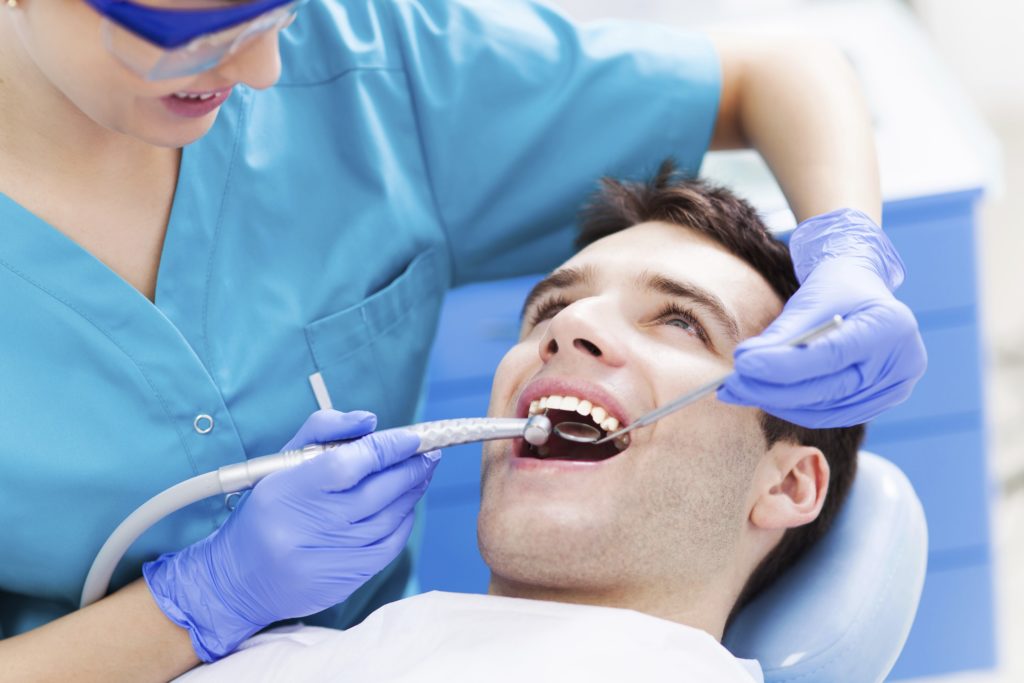Maintaining your teeth is a essential aspect of upkeeping overall health. Many people often overlook their oral care routine, yet failing to follow it can lead to significant problems down the line. From avoiding cavities to preventing gum disease, perfecting your oral care routine can pave the way for a brighter smile and a improved lifestyle.
To achieve superior dental health, it is crucial to set up a regular and successful routine. Understanding the essential elements of your care regimen will allow you to make educated choices about your oral hygiene. Whether you are a seasoned expert or just getting acquainted about dental care, concentrating on the basics can help you succeed in your quest for excellent oral health.
Essential Daily Practices
Maintaining excellent dental health commences with establishing a steady daily routine. Brushing your teeth at no fewer than 2 a day is crucial. Use a dentist-recommended toothpaste and spend a minimum of 2 minutes to this task, ensuring that you clean all surfaces of each tooth. Don’t overlook to brush your tongue as well, as this aids get rid of bacteria and freshen your breath.
Using dental floss is a further vital part of your daily dental care regimen. Make it a habit to floss once a day, ideally before bedtime. This routine removes food particles and plaque from between your teeth that a toothbrush can overlook, significantly lowering the risk of cavities and gum disease. Choose a comfortable floss that suits your needs, whether it be standard floss or a dental pick for more convenient access.
In addition to brushing and flossing, rinsing with an anti-bacterial mouthwash can improve your oral hygiene efforts. A nice mouthwash assists lessen plaque, avoid gum disease, and provide an extra layer of protection against foul breath. Incorporate this step in your daily routine to promote your overall dental health and create a fresh feeling in your mouth.
Choosing the Right Products
Selecting the appropriate dental care products is important for achieving the best oral health. Start with choosing a toothbrush that fits your needs. Go for a soft-bristled brush that is soft on your gums while efficiently removing plaque. Electric toothbrushes can provide even more thorough cleaning and are commonly recommended by dentists for their effectiveness. Make sure to change your toothbrush or brush head every three to four months or sooner if the bristles turn damaged.

Next, you should think about the toothpaste you use. Look for a fluoride toothpaste, as fluoride is crucial for enhancing tooth enamel and staving off decay. There are multiple kinds of toothpaste available for specific issues such as tooth sensitivity, whitening, or tartar management. Finding citydent may take some experimentation, but it’s important to choose a product that satisfies your individual dental needs without causing irritation.
Keep in mind about mouthwash, which can be an effective part to your dental care routine. A mouthwash that contains germ-fighting ingredients can help minimize plaque and gingivitis while also refreshing breath. Opt for a rinse that is alcohol-free to avoid dryness in your mouth, and search for one that is endorsed by dental associations. Integrating these products carefully will vastly boost your overall dental care and promote long-lasting oral health.
Preventive Care and Regular Check-ups
Preventive care is the foundation of maintaining optimal dental hygiene. This includes daily practices like brushing and dental flossing, as well as taking intentional choices about diet and hygiene. Regularly using fluoride tooth cream aids fortify enamel and safeguard against caries. Additionally, reducing sweet snacks and beverages can significantly reduce the chance of tooth decay, while adding fresh produce and greens into your meals promotes healthy gums and teeth.
Maintaining a routine for consistent dental examinations is also essential to your dental health routine. Visiting your oral health professional at least twice a year can catch potential problems before they escalate. During these visits, professional tooth cleanings remove plaque and tartar accumulation that cannot be addressed with home care alone. Your dentist will also perform thorough check-ups, which may include X-rays, to identify any underlying problems that may not be immediately apparent.
Additionally, participating in preventive care at home and committing to scheduled check-ups can encourage a proactive approach to dental health. By creating a routine that prioritizes dental care, you enable yourself to keep a radiant smile and avert the development of issues such as gum disease or tooth loss. Remember that investing time in your dental hygiene today can lead to a lifetime span of healthy teeth.
